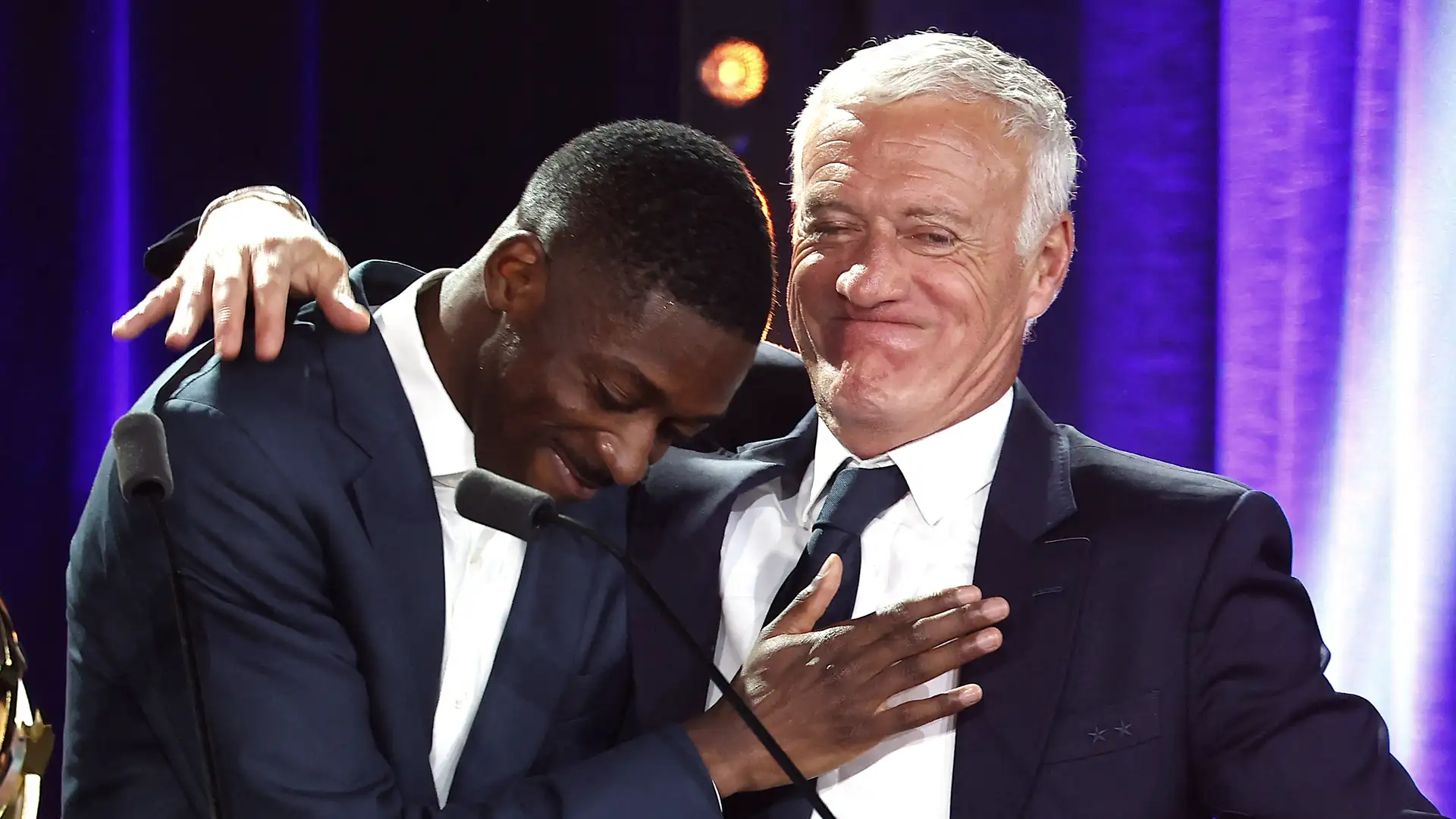
Ousmane Dembélé Injury Leaves Didier Deschamps ‘Especially Sad’ but France Boss Won’t ‘Add Fuel to the Fire’ Over PSG Dispute
The Injury Setback for Dembélé
There’s a heavy air of frustration around the Ousmane Dembélé saga. Just when things looked on the up for the 28-year-old winger, fresh injury trouble has stepped in and upset the momentum. During the Paris Saint‑Germain clash against Bayern Munich in the Champions League, Dembélé was forced off after only 25 minutes — and that after a bright moment in which he believed he had levelled the score.
It’s especially galling because the season had promised so much. Dembélé, fresh from winning the Ballon d’Or, looked as though he was stepping into a new phase of fulfilment and consistency. In fact, during the 2024-25 campaign he enjoyed a relatively clear run of fitness. Now, however, his total playing time this season — around 425 minutes — speaks of the stop-start nature of his involvement. Injury after injury: a hamstring problem in September with the national side, a near-miss against OGC Nice just days before the Bayern game.
As one could witness on the pitch, the despair was real. A captured moment of Dembélé telling team-mate Achraf Hakimi “It hurts, it hurts so bad” cut straight to the heart of the man’s frustration.
Deschamps ‘Especially Sad’ for Dembélé and the Broader Impact
Didier Deschamps, the head coach of the France national football team, did not beat around the bush when asked about his thoughts on Dembélé’s plight. He admitted to being “especially sad for Ous.” Last season had seen Dembélé largely free from significant injury concerns, and now the tally is mounting again.
Deschamps highlighted that Dembélé’s absence is problematic not just for the club, PSG, but also for the national setup. He said plainly: “Not having him with us isn’t good.”
What’s notable is his careful tone. While aware of the wider tensions between club and country, he made clear that he’s not interested in stoking further fires. As he put it: “But don’t count on me to add fuel to the fire [with PSG]. I’m not interested in controversy.”
This underscores that, yes, he’s deeply concerned for the player, but he’s also conscious of the bigger picture: the delicate balance between clubs’ interests and national team demands, and the very public friction between PSG and the French federation over Dembélé and others.
PSG-France Dispute: What’s at Stake?
The situation has a number of layers. Let’s break them down:
Players’ Fitness & Club vs Country
For clubs, especially one like PSG which pursues the highest ambitions in Europe, the fitness and availability of star players like Dembélé matter enormously. For national teams, having their top talent available for key qualifiers or tournaments is equally vital.
The clash arises because what’s best for a player in his club context might differ from what a national setup wants. Deschamps acknowledged this: the interests of clubs and national teams “aren’t the same.” He noted that what happens at PSG is “their business; I don’t have all the information.”
Thus, while testing, diagnosis and communication channels exist between the club and the national team, the ultimate decision-making power is contested — and that breeds frustration.
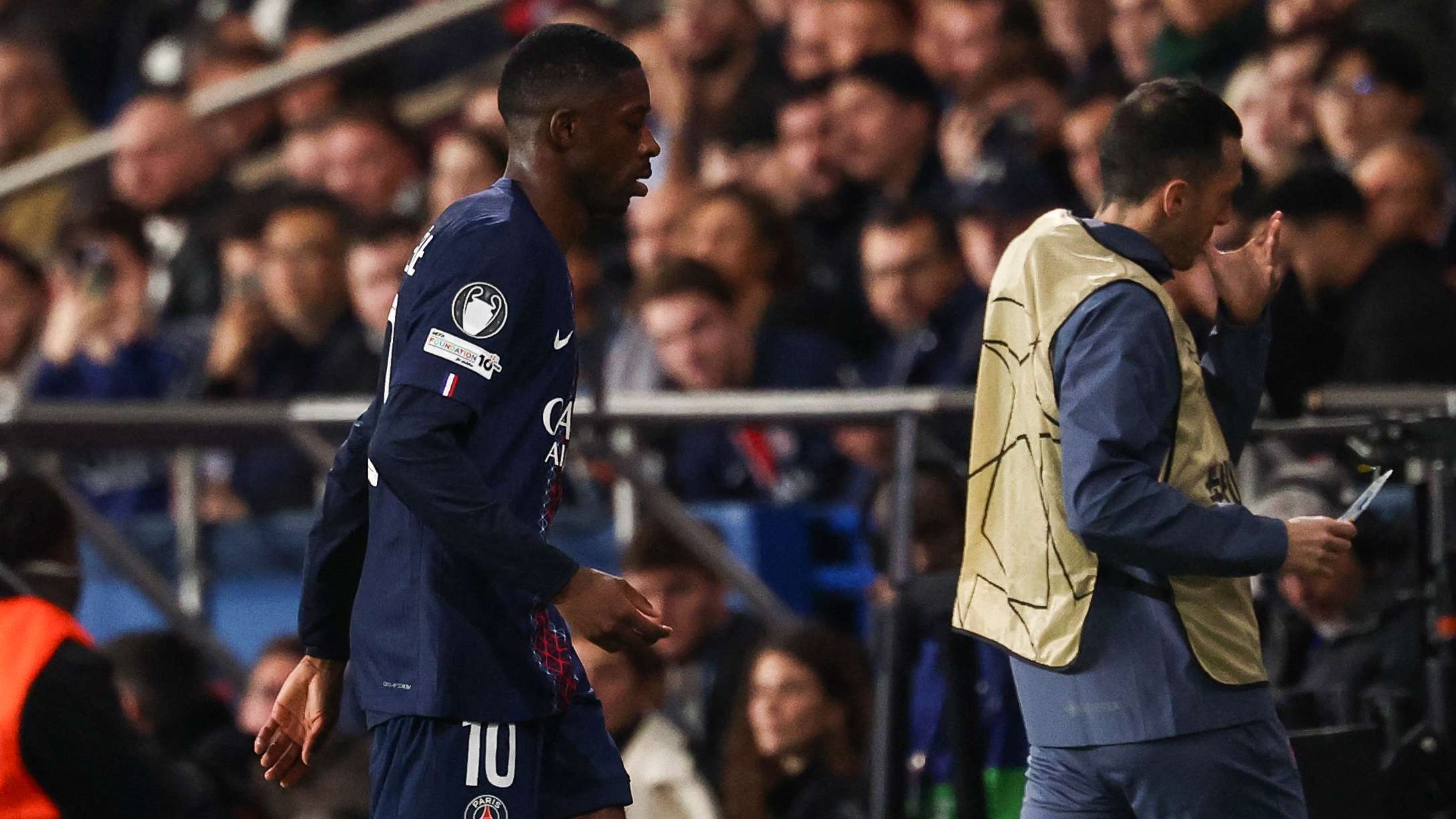
FBL-EUR-C1-PSG-BAYERN
The Specific Spark: Dembélé & Dyue Injuries
The immediate flashpoint came when Dembélé and his fellow Frenchman Desire Doué sustained injuries on international duty during a World Cup qualifier against Ukraine national football team. PSG criticised the handling of that situation, calling the injuries “serious and avoidable” and claiming that better medical consultation from the French federation could have prevented them.
That kind of public statement sets the tone for tension: the club feels slighted, the national side feels constrained by procedural demands.
Deschamps’ Diplomatic Stance
Deschamps adopts what could be described as a measured, almost diplomatic posture. He refused to assume the role of judge or critic of club protocols, saying he wasn’t there to “give lessons.” He observed that clubs, like PSG, decide on their internal medical protocols and that national teams operate in a different ecosystem.
He also stressed that from the moment players take the pitch, anyone is at risk — individual names don’t matter. In his words:
“From the moment his players are on the pitch, there’s a risk. [Hakimi] and [Mendes] weren’t not at risk, but they got injured.”
So while he expressed regret at Dembélé’s misfortune, he drew a firm line: no commentary, no sensationalism, just acknowledgement of the facts and hope for a quick recovery.
Why This Matters & What’s Next for France
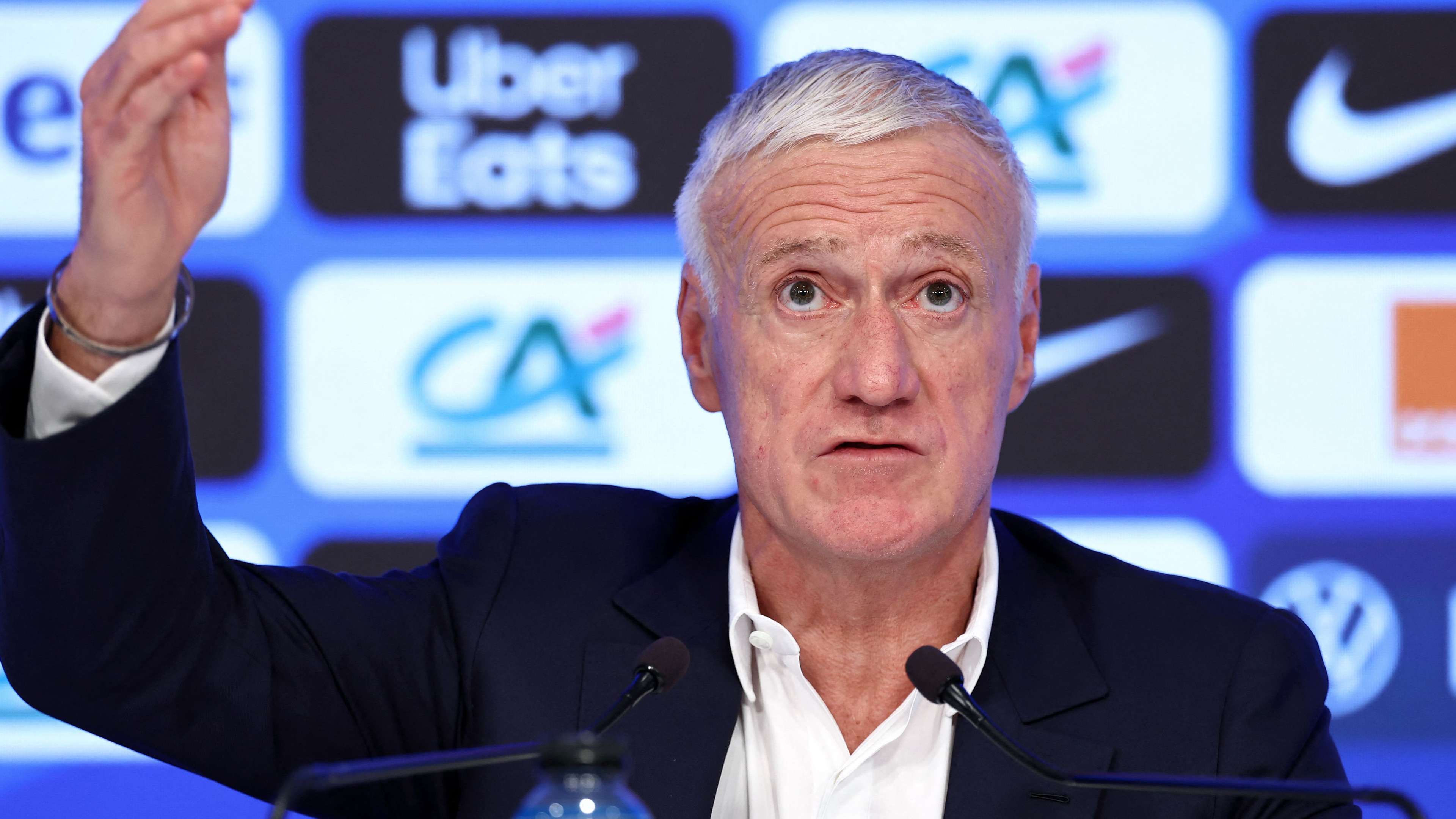
FBL-WC-2026-EUR-QUALIFIERS-FRA-PRESSER
For France, there’s both immediate and long-term implications.
Immediate: World Cup Qualifiers
The Blues currently top Group D in the World Cup qualifiers, having accumulated 10 points from four games. They now face Ukraine again on November 13, followed by a trip to play Azerbaijan national football team on November 16.
In theory, they only need a point from these remaining fixtures to seal qualification. But Deschamps, ever competitive, will likely push for full victory against Ukraine — not just for the result but to finish as group-toppers. A strong finish ensures better positioning, confidence, and momentum heading into the tournament.
With qualification in the bag, Deschamps might give some rest to key players in the final match versus Azerbaijan, giving fringe players an opportunity to shine.
Longer Term: Dembélé’s Form & Fitness
If Dembélé continues to struggle with the same pattern of injuries, both club and country pick up problems. For PSG it means losing a player who can change games, and for France it means missing a potentially game-defining attacking option.
His Ballon d’Or win heightened expectations — now the challenge is living up to it, staying healthy, and returning to top performance levels.
Broader: Club-Country Relations
This episode feeds into the ongoing conversation around how clubs and national federations share responsibility for players’ medical management, recovery, playing time, load and scheduling.
Deschamps’ comments suggest awareness of the fine line: one that requires cooperation but also respect for each party’s autonomy. In a modern football ecosystem obsessed with data, recovery, rotation and risk-management, these tensions are likely to repeat unless structures adapt.
Closing Reflections
In an ideal world, the headline reads simply: “Dembélé back in training, fit for next game.” But instead we get a layered story: a world-class player, fresh from an individual peak honour, now wrestling with fitness demons; a national coach who cares deeply but chooses to stay out of club disputes; and a club-country conflict simmering beneath the surface.
Deschamps’ stance is noteworthy. His public expression of sadness is genuine — he sees the impact on the player, on France, and by extension on football fans everywhere. But by drawing the line firmly at one point (“I’m not going to add fuel to the fire”), he signals leadership and responsibility. He refuses to engage in blame games, preferring his focus to be on what he can control: the France squad, the upcoming matches, qualification and preparation.
For Dembélé, it’s a moment to reset, to heal fully, to return with the hunger and ability that earned him the Ballon d’Or. For PSG and France both, it’s a moment to recognise the mutual dependency: the best outcomes happen when clubs and national teams collaborate rather than clash.
And although Deschamps avoided controversy today, the underlying issues remain. With such high stakes — Ligue 1 titles, Champions League ambitions, a World Cup in sight — the pressure will only intensify. How this all plays out will be fascinating, not just for Dembélé’s next appearance, but for the broader blueprint of elite-player management at the intersection of club and country.
In the meantime, we wait. We hope for a full-strength Dembélé back on form, lighting up matches for PSG. We hope for France to secure qualification with class. And we hope for the club-country dynamic to evolve into something smoother, more collaborative.
After all, when talent like Dembélé’s is involved, everyone wins — if the right environment supports it.

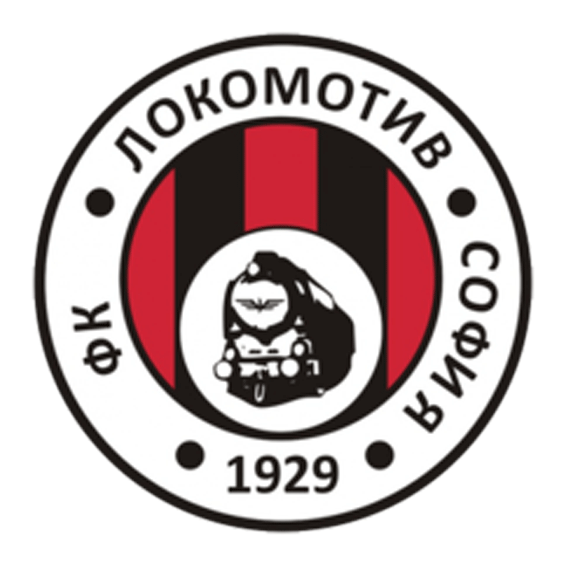
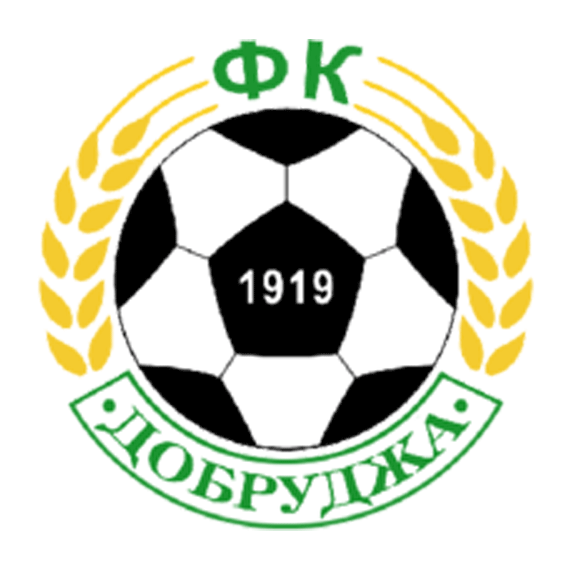
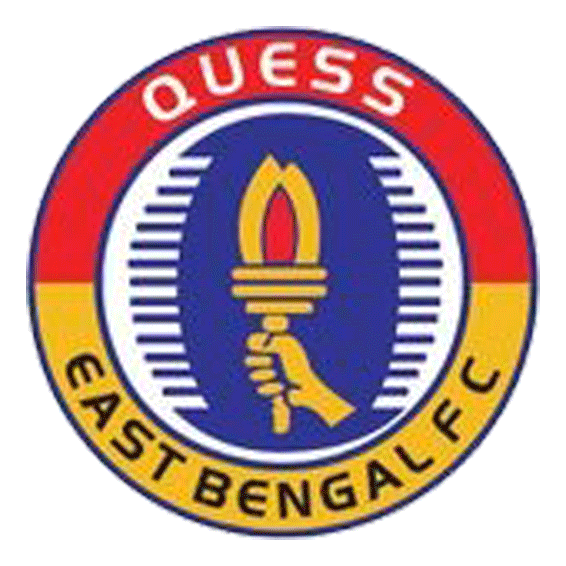
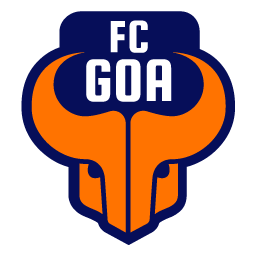
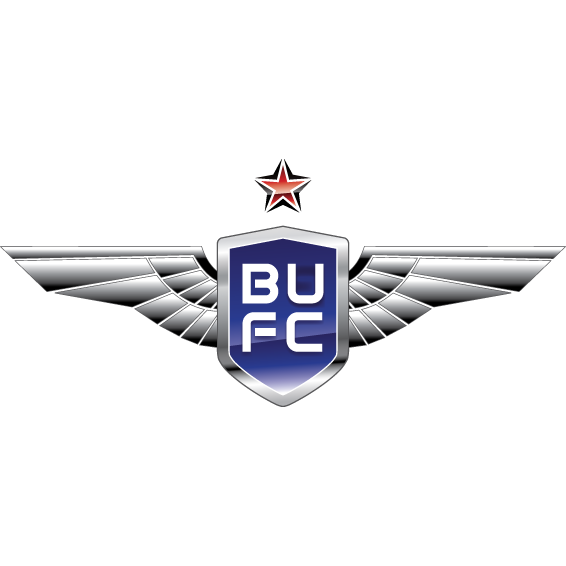

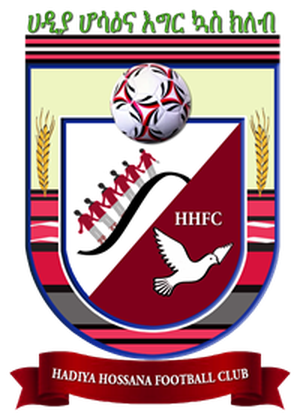
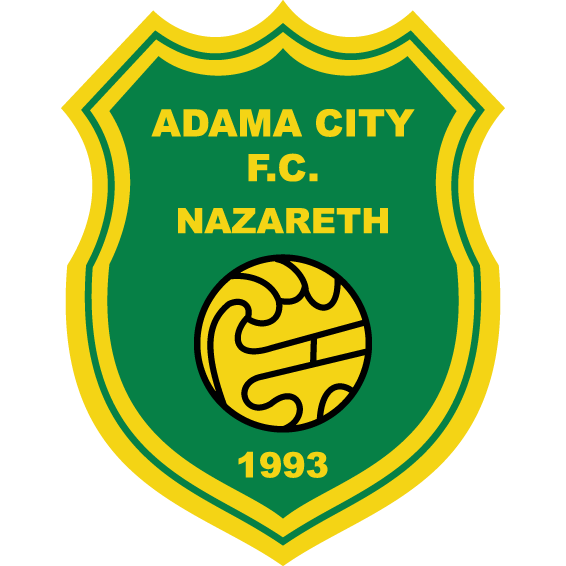

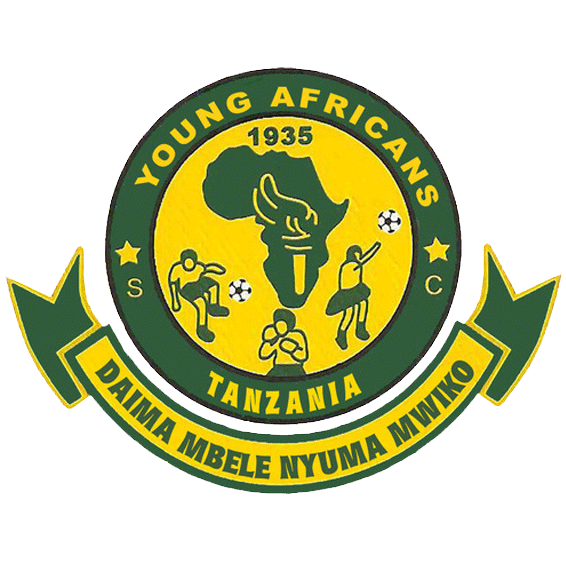
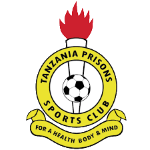
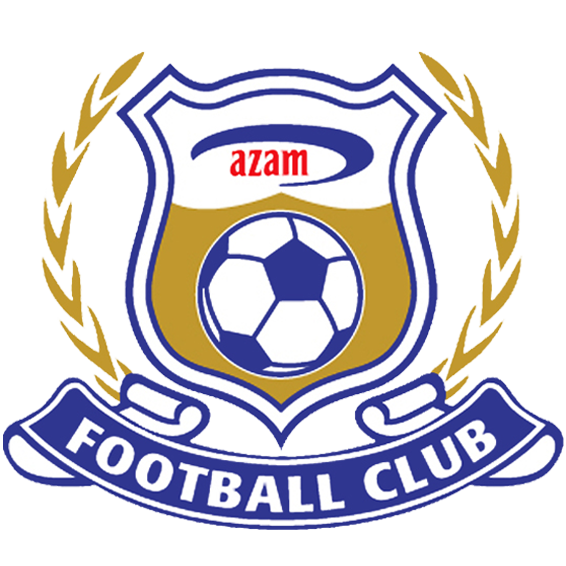
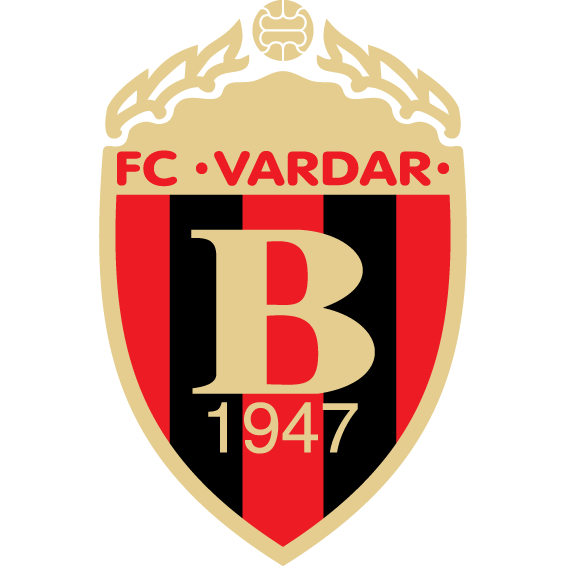
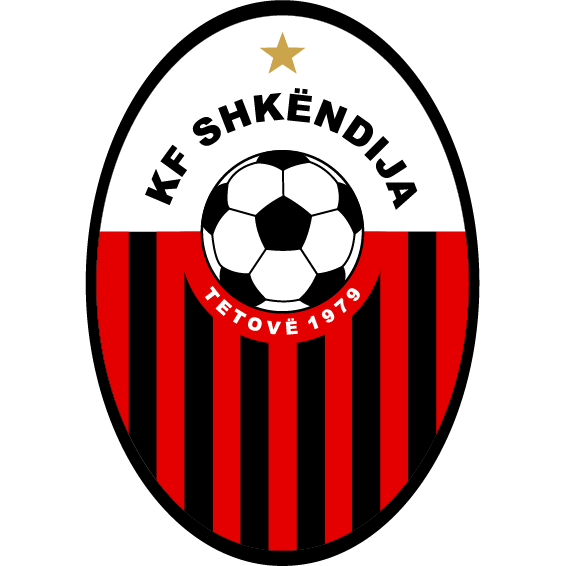
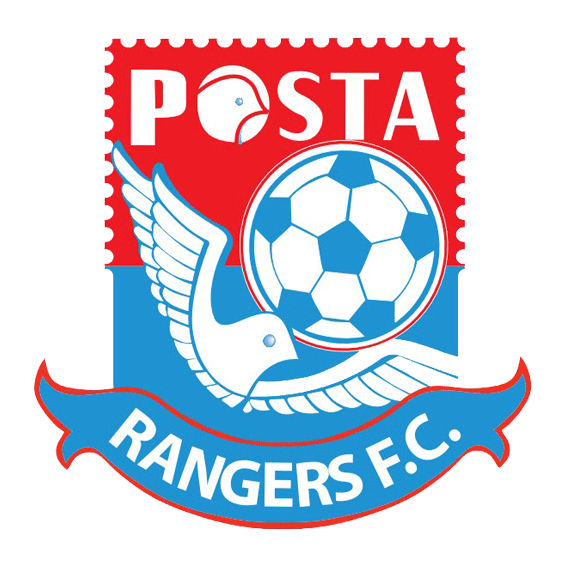
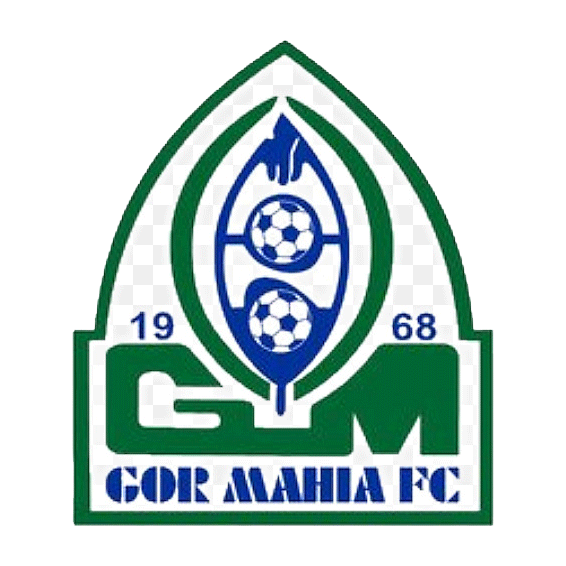























There are no comments yet. Be the first to comment!